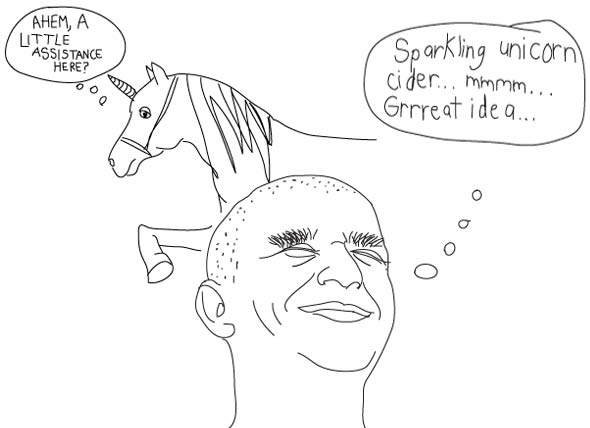As I write this story, I am distracted by the conversations of my newsroom peers (and The Offspring) and find it hard to complete a sentence or speelll my werds correecktly. And do I hear an ant dragging a feather across the floor? Can’t the world just stop mouth breathing for a second? But, I digress…
A study at Northwestern University found the diagnosis of attention deficit hyperactivity disorder (squirrel!) has risen 66 percent in the last 10 years. In 2000, children and teens under the age of 18 diagnosed with ADHD was 6.2 million, vs. 10.4 million in 2010. We are either more attuned with the symptoms of the disorder or we are simply over-diagnosing patients that have a bad case of jittery procrastination.
The Mayo Clinic lists symptoms as attention deficit hyperactivity disorder as the inability to pay close attention to detail and making careless mistakes in schoolwork or other activities, trouble sustaining attention during tasks or play, easily distracted, and lack of organization. This sounds very similar to the way the average American adult feels and performs everyday.
Symptoms of ADHD can look almost like anything. Did you know some lizards are legless? Depression can cause the distraction associated with ADHD. Further, sleep deprivation, that can be attributed to depression as well, can make us feel less than focused and productive. When I am sleep deprived my neurons are like exposed wires at a car wash. Nothing is right and my thoughts slip on marbles. And when you’re living your life half-awake/half-asleep you readjust your life to conserve your energy and brain power. You either convince yourself to do it fast and dirty, or you wait until the last moment. Procrastination and the inability to organize and focus is a big factor of ADHD. But few of us explore the reasons behind this procrastination (did I mention I’m writing this at the 11th hour?). Fear could also play a huge factor in starting a project (for instance, I’m scared of being like, TOO brilliant, you know?), for instance, while feeling overwhelmed and over processed can provide more that a few roadblocks in our heads.
These days we are constantly being inundated with more information than ever. While it’s a privilege to study and learn, I cringe a little to say it can be a bit of a burden on a student. The amount of information we are given and the curriculum we must learn to keep up with the rest of society is more demanding than ever. When you really think about it, it’s easy to get discouraged and think you’re not keeping up or intelligent enough when faced with so much technology, networking, and computer program savvy know how. It’s easy to feel you’re being left behind.
We are also living in a get-it-now society. Smart phones, iPads, texting, instant messaging, 4G, LTE, C.O.D., makes us think that we can magically get pretty much what our hearts and minds desire at the push of an app. We think, therefore we buy. Impulsivity is a big symptom of ADHD, but it’s also a symptom of this get-it-now mentality. We are losing our ability to breathe and think about our actions and consequences (…yes, the entire habanero chili… in one bite…). A rewiring of the brain and bad habits is a must. Perhaps reassessing how we make decisions and why we make those decisions will help us understand why and how we process information. Before we start the medicating process, it’s to our benefit to explore the hows and whys first.
It’s so easy to label ourselves as ADHD. But before we start self-diagnosing, let’s look into the phrase “know thyself”. Assess your strengths and weakness, and find a solution so you can modify that behavior. If you are a procrastinator, ask yourself why. You may realize it’s more than just low dopamine that’s causing a roadblock. Our brains are infinitely complex organs. There is no black and white but many shades of grey (matter). But when it comes to compartmentalizing characteristics and personality traits and habits, it’s not so easy to box it up and label it ADHD, or any other disorder for that matter. It’s very important to consider the I.D.s we give ourselves. In the end, it’s better to own up to our shortcomings rather than give them an incorrect disguise.
If in fact it is more than just a wee case of the scatters, make an appointment with a psychologist and get properly diagnosed. The proper steps can make all the difference in your quality of life.
- The two-party system is failing us. - October 19, 2024
- Read our Fall 2023 Print: Vol. 100 No. 1 - October 23, 2023
- Santa Ana College Awarded State Department of Finance Grant - April 2, 2015












